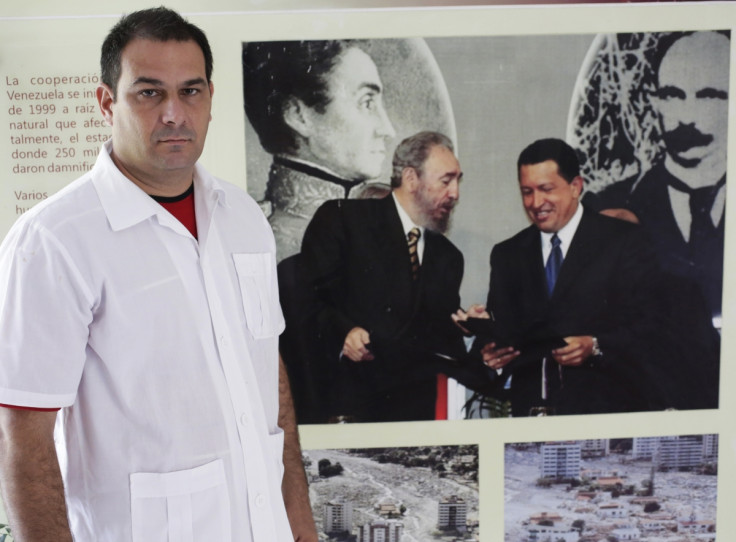Cuba: Doctors will need government permission to leave the country in controversial move

Cuba has reinstated a controversial measure to limit brain drain of its world-renowned doctors hours after a meeting with US negotiators to address a crisis in Cuban migration.
The announcement that health professionals will now be required to get permission from Health Ministry officials to leave the country has been posted on the front page of state media. It blamed the US policy of having "the perverse objective of pushing Cuban health professionals to abandon their missions in other countries", a reference to US special benefits that are granted to doctors who abandon the government-funded missions overseas.
The announcement warned that migration of Cuban doctors "is a concern for the country", citing anaesthesiology, neurosurgery, obstetrics and gynecology and neonatal care as the specialities who are worst-hit by emigration in recent years.
Despite being considered among the best in the world, Cuban doctors migrate because of the low pay, poor working conditions and the possibility of well-compensated jobs in other countries.
At least 100,000 Cubans have emigrated to the US over the past two years, travelling by bus, boat, taxi and on foot from Ecuador and other South and Central American countries.
Cuba's key role in the fight against Ebola
Cuba took a leading role in fighting the Ebola crisis in West Africa, sending a total of 461 of its best health workers in a bid to stop the epidemic of the virus. Staff included doctors, nurses, epidemiologists specialists in infection control, intensive care specialists and social mobilisation officers.
Since the 1959 Cuban revolution, the country has sent its first-class doctors from Venezuela to Brazil to work on issues from maternal health to cataracts. After the 2010 Haiti earthquake and subsequent cholera outbreak, a Cuban medical brigade of 1,200 health workers who have been in Haiti since 1998 treated more than 30,000 patients in 40 centres across the island.
Cuba's international medical programme dates back to 1960, when it sent doctors to earthquake-hit Chile. In 1963, it dispatched a team of 50 doctors to Algeria.
A famous programme called Operation Miracle started in Venezuela where Cuban ophthalmologists treated cataract patients in exchange for oil. The initiative is believed to have helped 1.8 million in 35 countries to restore their eyesight.
It has been calculated that a third of Cuba's 75,000 doctors, along with tens of thousands of other health workers, are working in 77 underdeveloped countries such as El Salvador, Mali and East Timor.
In March 2014, Cuba's government forecasted it will receive $8.2bn (£5bn) from sending doctors and nurses abroad. About 7,400 Cuban doctors and nurses are under contract in Brazil.
© Copyright IBTimes 2025. All rights reserved.




















